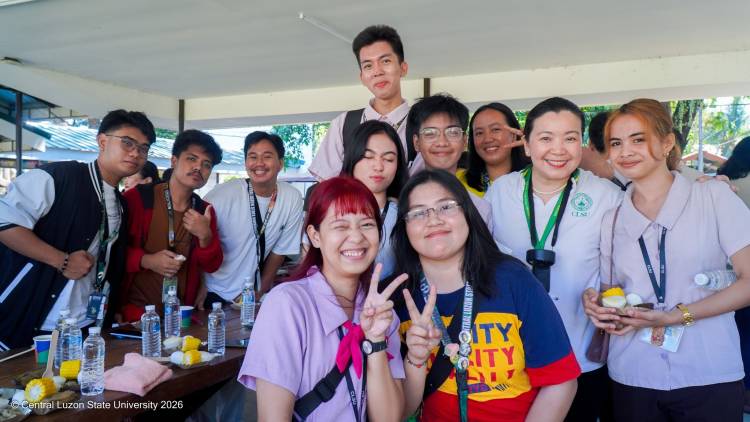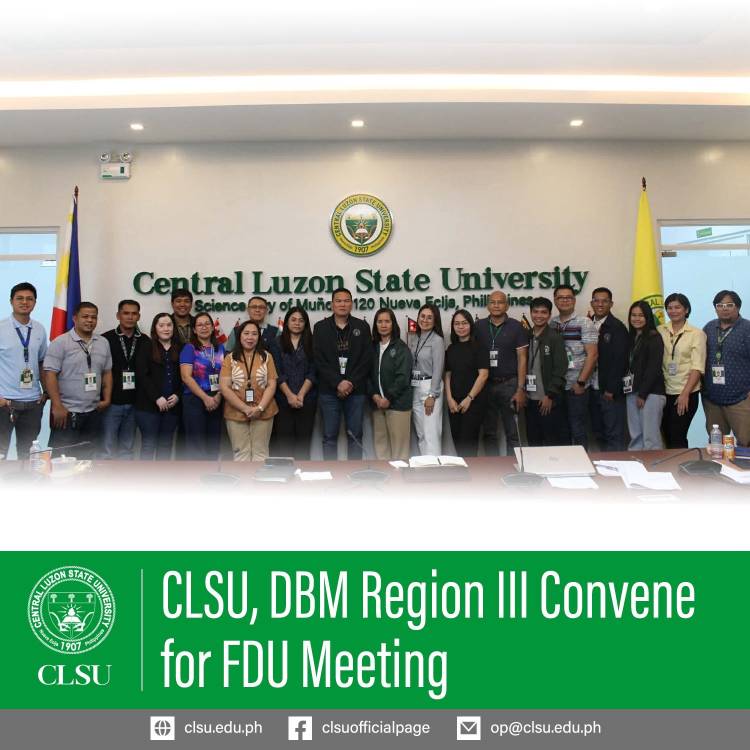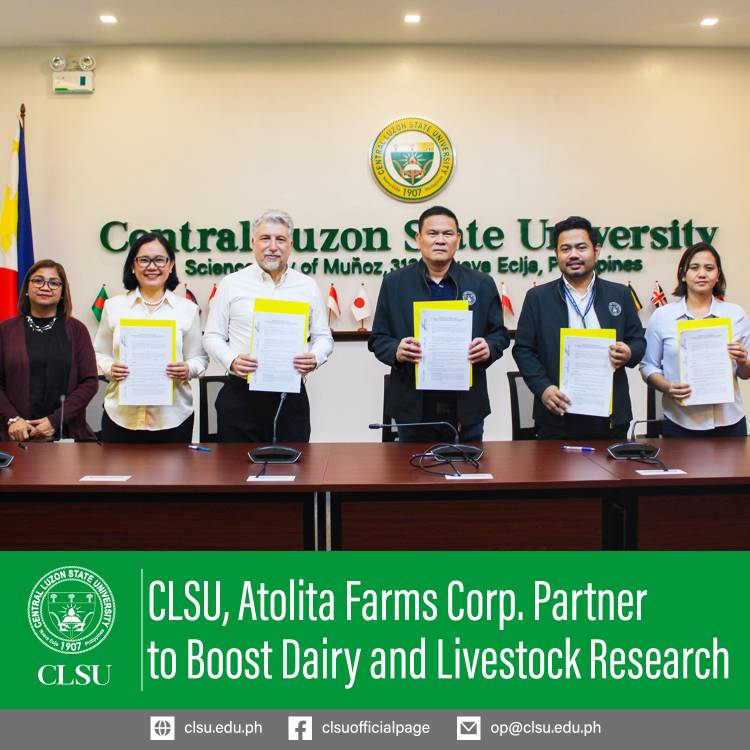OSA kicks off Guidance Awareness Month 2026
The Office of Student Affairs (OSA), led by its dean, Dr. Irene G. Bustos, officially launched the Guidance Awareness Month Celebration today, with a motorcade and an opening program centered on the theme, "WE (Women and Everyone) for Mental Health, Gender Equality, and Inclusive Society." Following a campus parade, the kickoff activities culminated in the OSA hallway. Dr. Bustos, delivered a welcome remark, urging the students to participate in the upcoming initiatives prepared for them actively. Meanwhile, Vice President for Academic Affairs, Dr. Ravelina R. Velasco, conveyed an inspirational message emphasizing the impact of student support. "Guidance is transformation through understanding. It is empowerment through listening. It is hope made visible through support," she shared. She further reminded the community that this month is about more than just events—it is a renewal of the university’s commitment to listen with compassion and guide with wisdom. "Because when one student finds direction," she shared, "the future finds new possibilities." The following activities for Guidance Awareness Month are as follows: March 06, 2026 | College Guidance Coordinator Radio Guesting (CHSI & CVSM) March 12, 2026 | Baletanga - Making Contest March 13, 2026 | College Guidance Coordinator Radio Guesting (CED, ASTS, & USHS) March 13, 2026 | College Guidance Caravan 2026 (CEn) March 16, 2026 | College Guidance Caravan 2026 (CASS) March 18, 2026 | College Guidance Caravan 2026 (CEd, CHSI, & CBA) March 19, 2026 | College Guidance Caravan 2026 (CF) March 20, 2026 | College Guidance Coordinator Radio Guesting (CBA, COS, & CF) March 20, 2026 | College Guidance Caravan 2026 (CVSM) March 24, 2026 | College Guidance Caravan 2026 (COS) March 25, 2026 | College Guidance Caravan 2026 (CAg) March 26, 2026 | Strengthening Mental Health Rights for All Genders in the Digital Age -CED Teacher's Hall March 26, 2026 | Juana Sayawit - CLSU Auditorium March 27, 2026 | College Guidance Coordinator Radio Guesting (CAG, CASS, & CEN) #SievingForExcellence








